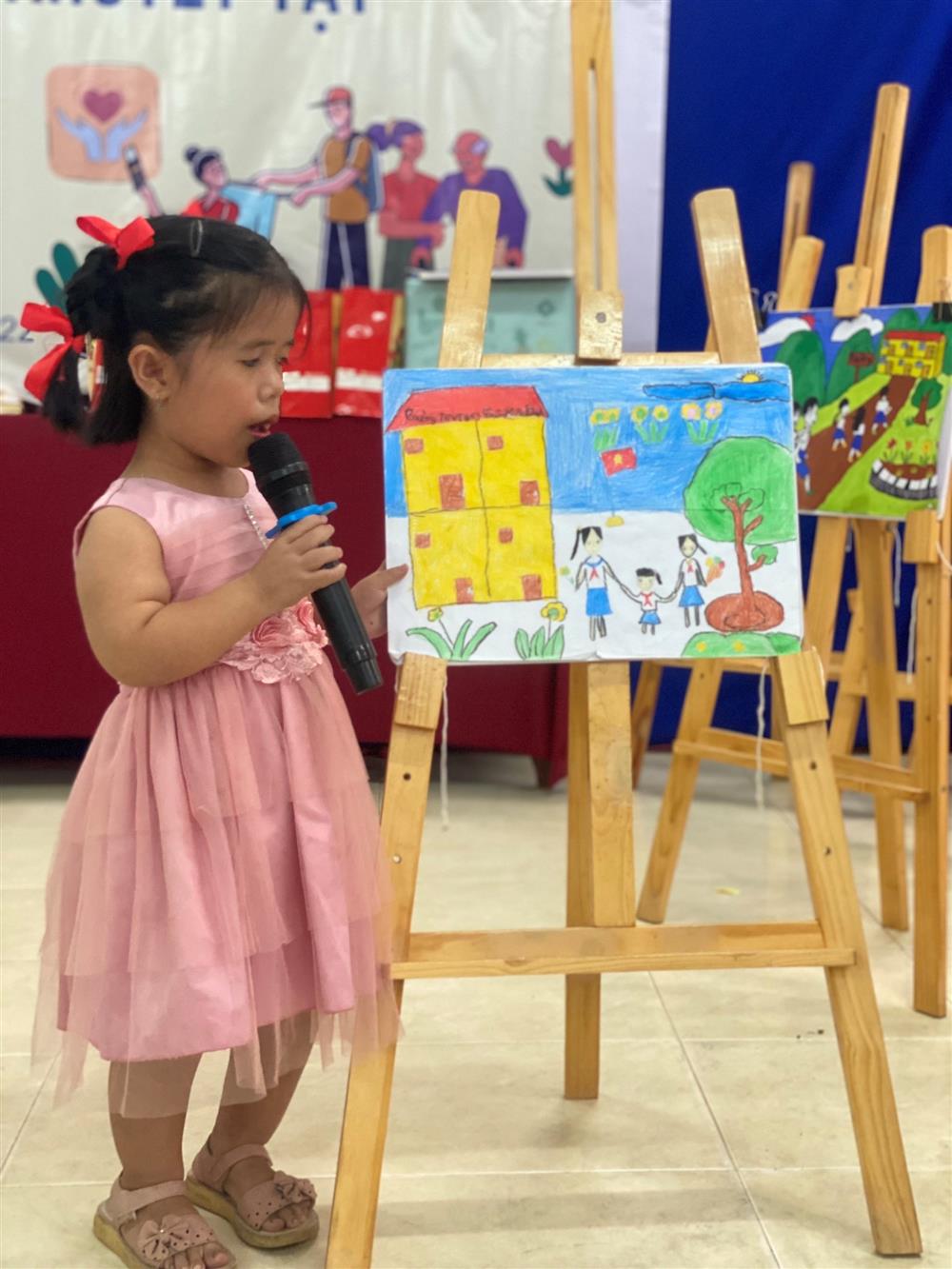Making mainstream schools more inclusive by applying an easy-to-share teacher-training module
- Solution
- Ensuring quality and friendly disability education for children with special needs
- Country of Implementation
- Vietnam
- Start Year
- 2020
- First published
- 03.12.2023

Solution details
“Even if the project ends, our school will still maintain this unit (for inclusive education) because children with disabilities enrol every year.” Ms. Thi Dieu Huong Dang, Vice Principal, Le Hong Phong Primary School, Quang Nam province
The Research Centre for Inclusion (RCI), a local Vietnamese NGO based in Hanoi, has developed a low-cost training module to increase inclusive education in rural regions. The programme is based on: (1) a hands-on training manual for teachers to be shared easily via flash drives, (2) an assessment tool for development and evaluation, and (3) the setup of a child-friendly support unit within each school. From 2020 to 2023, 120 teachers have been trained, 274 children with disabilities have been taught, and 269 parents and caregivers have been involved.
Problems Targeted
Teachers in Viet Nam are not trained and do not feel confident to teach children with disabilities and provide counselling or advice to parents on how to support their children’s studies at home. This is a major factor in the high drop-out rate of children with disabilities from mainstream education.
Solution, Innovation and Impact
The programme 'Ensuring quality and friendly disability education for children with special needs' was established in the districts of Gio Linh and Trieu Phong of Quang Tri province and in Dien Ban district of Quang Nam province. The aim is to increase access to inclusive education for primary school students with disabilities, including deaf students in the special schools in rural and poor areas. It is based on the training, mentoring, and coaching of mainstream teachers by teachers with disabilities on those skills needed to teach children with disabilities, as well as to involve parents. The appropriate teaching materials are easily available and shared on flash drives that can be used on any computer or tablet. The manual was tested and improved many times until teachers felt it strongly supports their daily practice. It was designed jointly with advisors from the Liliane Foundation and the team lead of the Experimental Special Education Unit of the National Centre for Special Education. For sign language teachers, the training is delivered by deaf trainers. In the support/resource units, which are set up in each school, teachers give lessons to small groups or individuals with special education needs in a child-friendly environment. At the national level, the project cooperates with the National Centre for Special Education – a part of the Ministry of Education – to ensure high quality delivery of teacher capacity-building. Similar relationships exist with authorities on the regional level as well.
Funding, Outlook and Transferability
The project was funded with a grant of €176,000 by the Liliane Foundation from the Netherlands. Schools provide rooms, specifically for the resource units. With the manual available on flash drives, it can be shared widely, and the model can be basically adapted easily by any school in Viet Nam using its library as the resource unit. Going forward, the Liliane Foundations plans to produce an English version of the training materials. (Awardee 2024)
Media
Pictures
Related information
- Connections
- 1
-
People